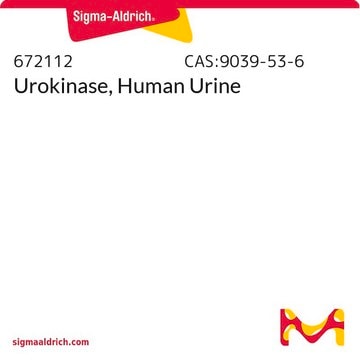I2285
IPA-3
≥95% (HPLC), powder
Synonym(s):
1,1′-Disulfanediyldinaphthalen-2-ol
About This Item
Recommended Products
Assay
≥95% (HPLC)
form
powder
color
off-white to yellow
solubility
DMSO: >20 mg/mL
H2O: insoluble
storage temp.
2-8°C
SMILES string
Oc1ccc2ccccc2c1SSc3c(O)ccc4ccccc34
InChI
1S/C20H14O2S2/c21-17-11-9-13-5-1-3-7-15(13)19(17)23-24-20-16-8-4-2-6-14(16)10-12-18(20)22/h1-12,21-22H
InChI key
RFAXLXKIAKIUDT-UHFFFAOYSA-N
Biochem/physiol Actions
Signal Word
Danger
Hazard Statements
Precautionary Statements
Hazard Classifications
Aquatic Acute 1 - Aquatic Chronic 1 - Eye Dam. 1
Storage Class Code
11 - Combustible Solids
WGK
WGK 3
Flash Point(F)
Not applicable
Flash Point(C)
Not applicable
Personal Protective Equipment
Certificates of Analysis (COA)
Search for Certificates of Analysis (COA) by entering the products Lot/Batch Number. Lot and Batch Numbers can be found on a product’s label following the words ‘Lot’ or ‘Batch’.
Already Own This Product?
Find documentation for the products that you have recently purchased in the Document Library.
Customers Also Viewed
Our team of scientists has experience in all areas of research including Life Science, Material Science, Chemical Synthesis, Chromatography, Analytical and many others.
Contact Technical Service











